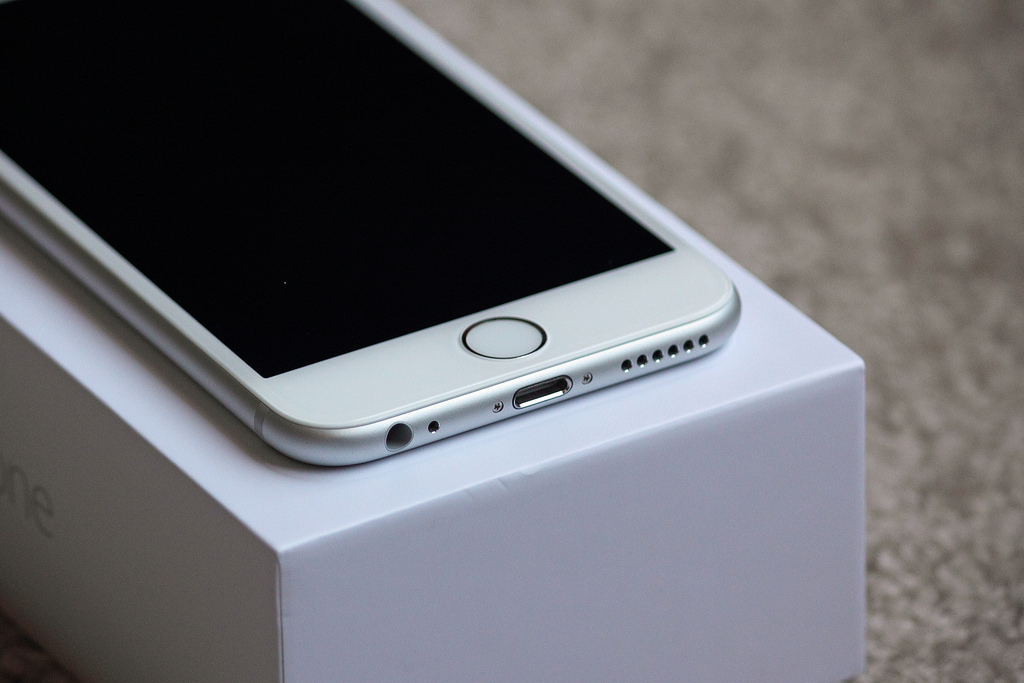Apple has been facing a lot of backlash from consumers after it was discovered that it was intentionally slowing down older iPhones with an update. Now, the company has to contend with French authorities, which is looking into the matter through the lens of a criminal probe. The term “planned obsolescence” is a central concept in this investigation, since it’s illegal in France.
The criminal probe was launched after the group Halte à l’Obsolescence Programmée (HOP), which represents consumers filed a lawsuit against Apple after finding out about the intentional sabotage, The Verge reports. The lawsuit was filed on December 27th and although Apple had already issued an apology, it is still looking at several class-action lawsuits from various markets.
As to what the company is looking at if it is prosecuted for the crime, the BBC reports that it could include an annual turnover of five percent as well as jail time for indicted individuals. HOP also pointed out in its lawsuit that while Apple is now being sued in three countries, including the U.S. and Israel, France is the only market to file a lawsuit where the act of intentionally making products obsolete is a crime.
By including a patch that makes older iPhones perform worse without telling consumers, the group pointed out that it could be considered a move by Apple to force customers to upgrade to new phones. Apple denied these allegations and defended its actions by explaining that the slowdown was due to the matter of power efficiency.
Basically, the Cupertino firm said that older iPhone batteries become worse over time, which effectively made it less reliable in terms of providing power to the phones’ processor. As a result, the update was intended to mitigate the risks of the phone overheating, with the unavoidable consequences being slower processing speeds. By replacing the battery, older iPhones can get regain their previous processing speeds.



 Nvidia, ByteDance, and the U.S.-China AI Chip Standoff Over H200 Exports
Nvidia, ByteDance, and the U.S.-China AI Chip Standoff Over H200 Exports  Nvidia Nears $20 Billion OpenAI Investment as AI Funding Race Intensifies
Nvidia Nears $20 Billion OpenAI Investment as AI Funding Race Intensifies  Sony Q3 Profit Jumps on Gaming and Image Sensors, Full-Year Outlook Raised
Sony Q3 Profit Jumps on Gaming and Image Sensors, Full-Year Outlook Raised  Nvidia Confirms Major OpenAI Investment Amid AI Funding Race
Nvidia Confirms Major OpenAI Investment Amid AI Funding Race  Instagram Outage Disrupts Thousands of U.S. Users
Instagram Outage Disrupts Thousands of U.S. Users  Nvidia CEO Jensen Huang Says AI Investment Boom Is Just Beginning as NVDA Shares Surge
Nvidia CEO Jensen Huang Says AI Investment Boom Is Just Beginning as NVDA Shares Surge  Palantir Stock Jumps After Strong Q4 Earnings Beat and Upbeat 2026 Revenue Forecast
Palantir Stock Jumps After Strong Q4 Earnings Beat and Upbeat 2026 Revenue Forecast  Amazon Stock Rebounds After Earnings as $200B Capex Plan Sparks AI Spending Debate
Amazon Stock Rebounds After Earnings as $200B Capex Plan Sparks AI Spending Debate  SpaceX Updates Starlink Privacy Policy to Allow AI Training as xAI Merger Talks and IPO Loom
SpaceX Updates Starlink Privacy Policy to Allow AI Training as xAI Merger Talks and IPO Loom  SpaceX Prioritizes Moon Mission Before Mars as Starship Development Accelerates
SpaceX Prioritizes Moon Mission Before Mars as Starship Development Accelerates  TSMC Eyes 3nm Chip Production in Japan with $17 Billion Kumamoto Investment
TSMC Eyes 3nm Chip Production in Japan with $17 Billion Kumamoto Investment  AMD Shares Slide Despite Earnings Beat as Cautious Revenue Outlook Weighs on Stock
AMD Shares Slide Despite Earnings Beat as Cautious Revenue Outlook Weighs on Stock  SpaceX Seeks FCC Approval for Massive Solar-Powered Satellite Network to Support AI Data Centers
SpaceX Seeks FCC Approval for Massive Solar-Powered Satellite Network to Support AI Data Centers  Nintendo Shares Slide After Earnings Miss Raises Switch 2 Margin Concerns
Nintendo Shares Slide After Earnings Miss Raises Switch 2 Margin Concerns  Sam Altman Reaffirms OpenAI’s Long-Term Commitment to NVIDIA Amid Chip Report
Sam Altman Reaffirms OpenAI’s Long-Term Commitment to NVIDIA Amid Chip Report 































